|
Dr. V.S.T. Krsihna Abstract
Introduction: It is roughly got estimated that in India the population (3crores) of persons with Mental Retardation (Intellectual and Developmental Disability, IDD) does equals to that of Australia’s population. Of which most of them are situated unattended to by any professional services living in rural areas. Mental Retardation/IDD is characterized by an age inappropriate Intellectual development that is significantly of sub average level. This condition is recently renamed as Intellectual and Developmental Disability with approximate prevalence of 2.5 to 3% in India. This amounts to near about 3 crorers and 75% of this affected population is estimated to be living in rural and semi-urban areas, consequently exposed to higher levels of Stigma, acute lack of rehabilitation facilities and poor awareness regarding this condition and related rehabilitation process. Ethical Climate and Job Satisfaction Among Social Workers in Modern Day Working Environments3/30/2017 Abstract:
This study assessed the relationship between ethical climate and job satisfaction which five stressors (family factors, economic factors, job difficulty, peers’ competition and organizational climate) with the social workers performance (Creativity and innovation, the ability in problem solving and decision making). Job satisfaction is directly proportional to work stress is an established factor. Without having 100% satisfaction at the working atmosphere especially if you are a social worker it becomes impossible to have an ethically neutral work atmosphere based on the social worker & work structure defined/designed by him/her. Introduction
Field programmes are finally capturing the limelight in social work education as the “signature pedagogy,” a form of education that integrates theory and practice. Field education is an experiential form of teaching and learning that takes place in a service setting. Learning is achieved through the provision and/or development of services to clients, groups, communities, organizations, or the society. Field instruction is a process that involves the field instructor and the student in analyzing and integrating practice skills with the knowledge and value base of the profession. The goal is to develop the student’s competence in the practice of social work. The attempt to forge a strong link between theory and practice remains a cornerstone of social work professional education. Through the practicum, graduate students are provided with significant integrative experiences in preparation for their professional careers. The supervised practice experience or practicum is referred to in many different ways including “field instruction,” “supervision,” “placement” or “internship. The practicum, field instruction and field work are different terms used to denote the same reality i.e., the practicum in social work education (Philomina, 1978). Abstract
Right from the inception of Social Work Education/Training, Social Work Practicum has been considered as its integral and important component. It has also been believed to be its signature pedagogy. However, most of its theoretical and practical content has been borrowed heavily from its West and very little has been done in terms of making it relevant to the diverse practice contexts in India (Midgley, 1981). Further, overreliance on the traditional modes of learning in the educational system in India in general and Social Work Education in particular has downgraded Social Work Practicum into a ritualistic practice. In such a context, the present paper argues that the complex nature of contemporary reality that the profession of Social Work wishes to understand and engage with, requires Social Work Education/Training to redefine and redirect its practicum content and pedagogy towards constructivist mode of learning so that the social work learner masters the art of creating and integrating knowledge into an action-reflection or theory-practice continuum. Key Words: Constructivism, Pedagogy, Ritualism, Social Work Education, Social Work Practicum. “Mathru devo bhava, pithru devo bhava” – treat the parents as gods, thus prescribe the Upanishad. T.K.Nair (T. Krishnan Nair) was born in 1936. After his Master’s degree in statistics from Kerala University at Thiruvananthapuram and some work experience, he preferred social work as the future career. He joined the Madras School of Social Work in 1961 for the post graduate programme in Social work. T K Nair joined the Karnataka University at Dharwad in March 1964 as Research Officer of the sponsored research programme in the Department of Social Anthroplogy and Social Work. In 1967, he joined the Madras School of Social Work as a member of the teaching faculty. He was Professor handling Research Methodology and Human Resources. He was also awarded the Ph.D in Social Work by Andhra University. His doctoral thesis was adjudged best in Humanities and Social Sciences and awarded gold medal by the University.
|
Categories
All
Social Work Learning Academy50,000 HR PROFESSIONALS ARE CONNECTED THROUGH OUR NIRATHANKA HR GROUPS.
YOU CAN ALSO JOIN AND PARTICIPATE IN OUR GROUP DISCUSSIONS. MHR LEARNING ACADEMYGet it on Google Play store
|
SITE MAP
SiteTRAININGJOB |
HR SERVICESOTHER SERVICESnIRATHANKA CITIZENS CONNECT |
NIRATHANKAPOSHOUR OTHER WEBSITESSubscribe |
MHR LEARNING ACADEMY
50,000 HR AND SOCIAL WORK PROFESSIONALS ARE CONNECTED THROUGH OUR NIRATHANKA HR GROUPS.
YOU CAN ALSO JOIN AND PARTICIPATE IN OUR GROUP DISCUSSIONS.
YOU CAN ALSO JOIN AND PARTICIPATE IN OUR GROUP DISCUSSIONS.
|
|


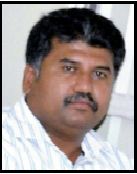
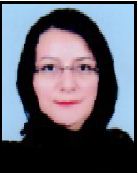
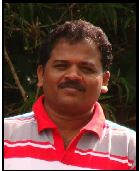
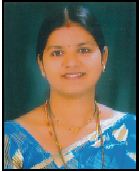
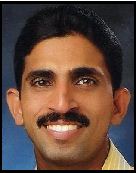
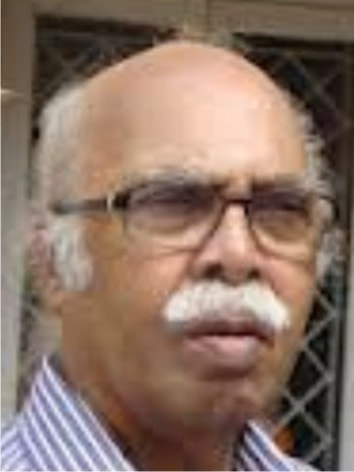





 RSS Feed
RSS Feed





